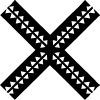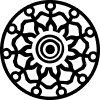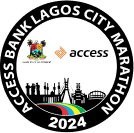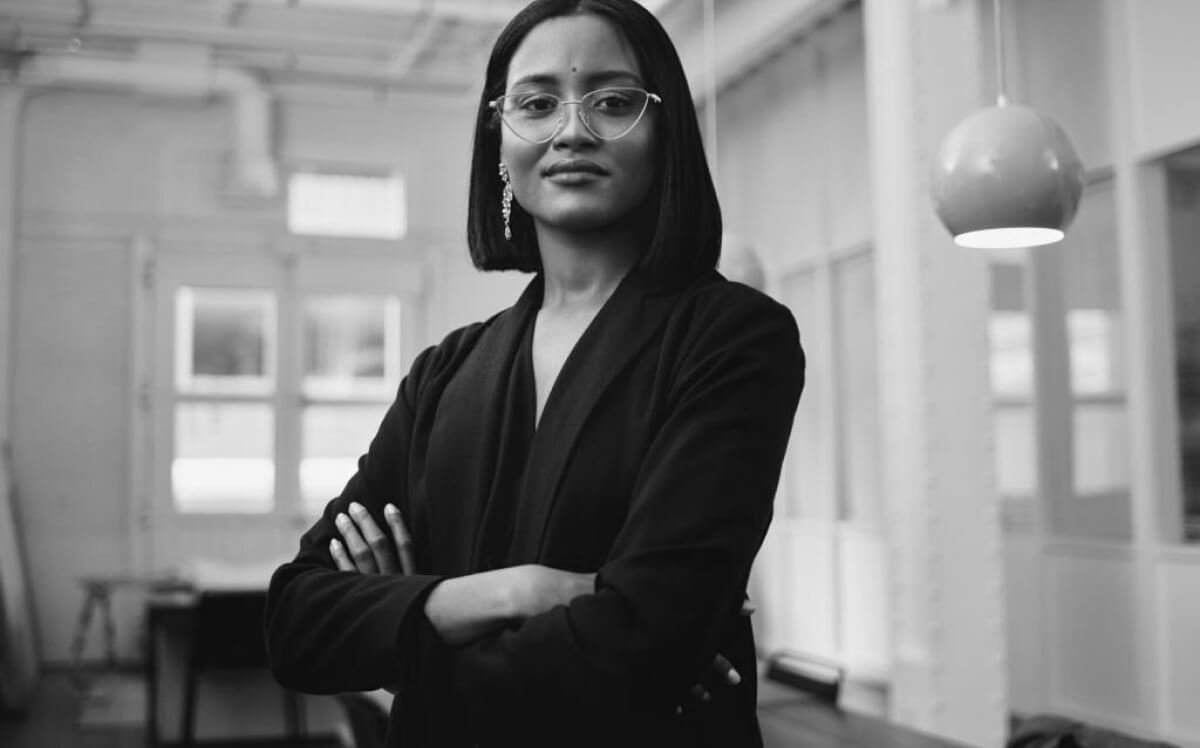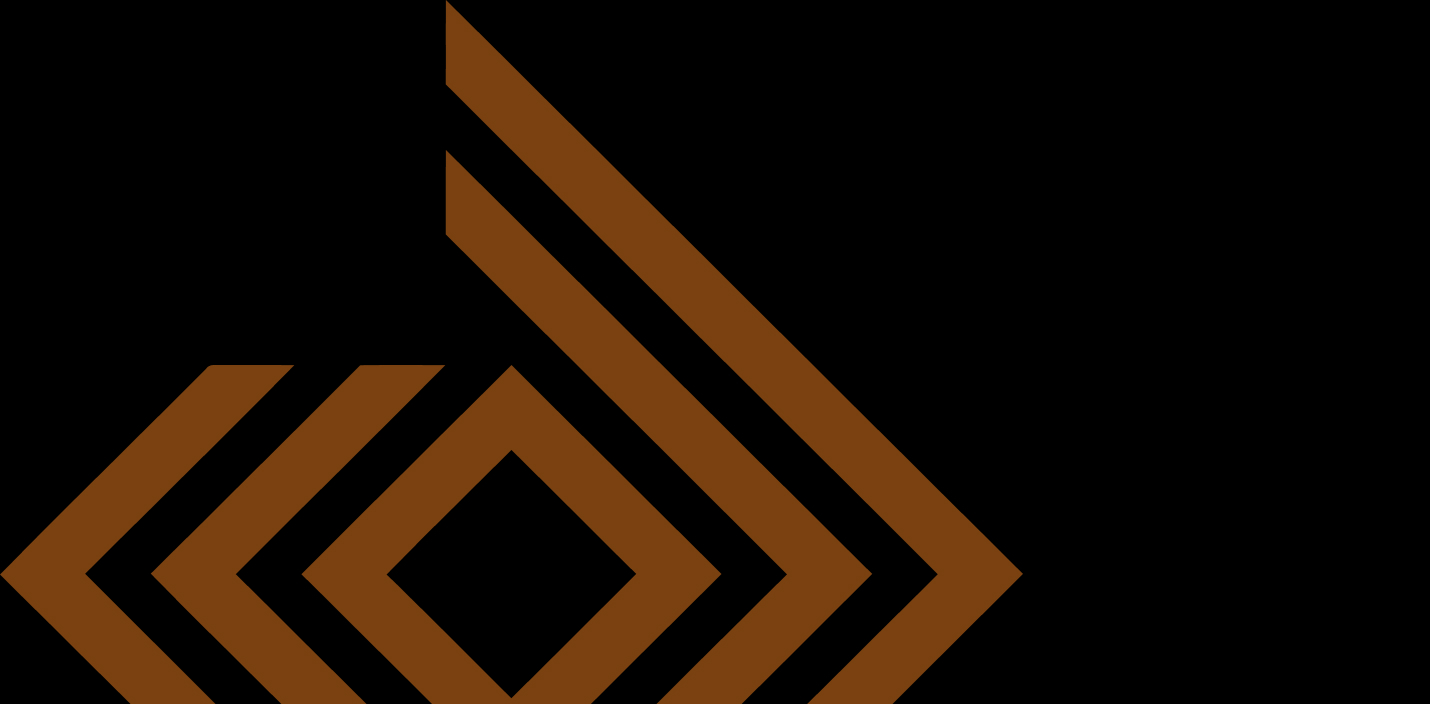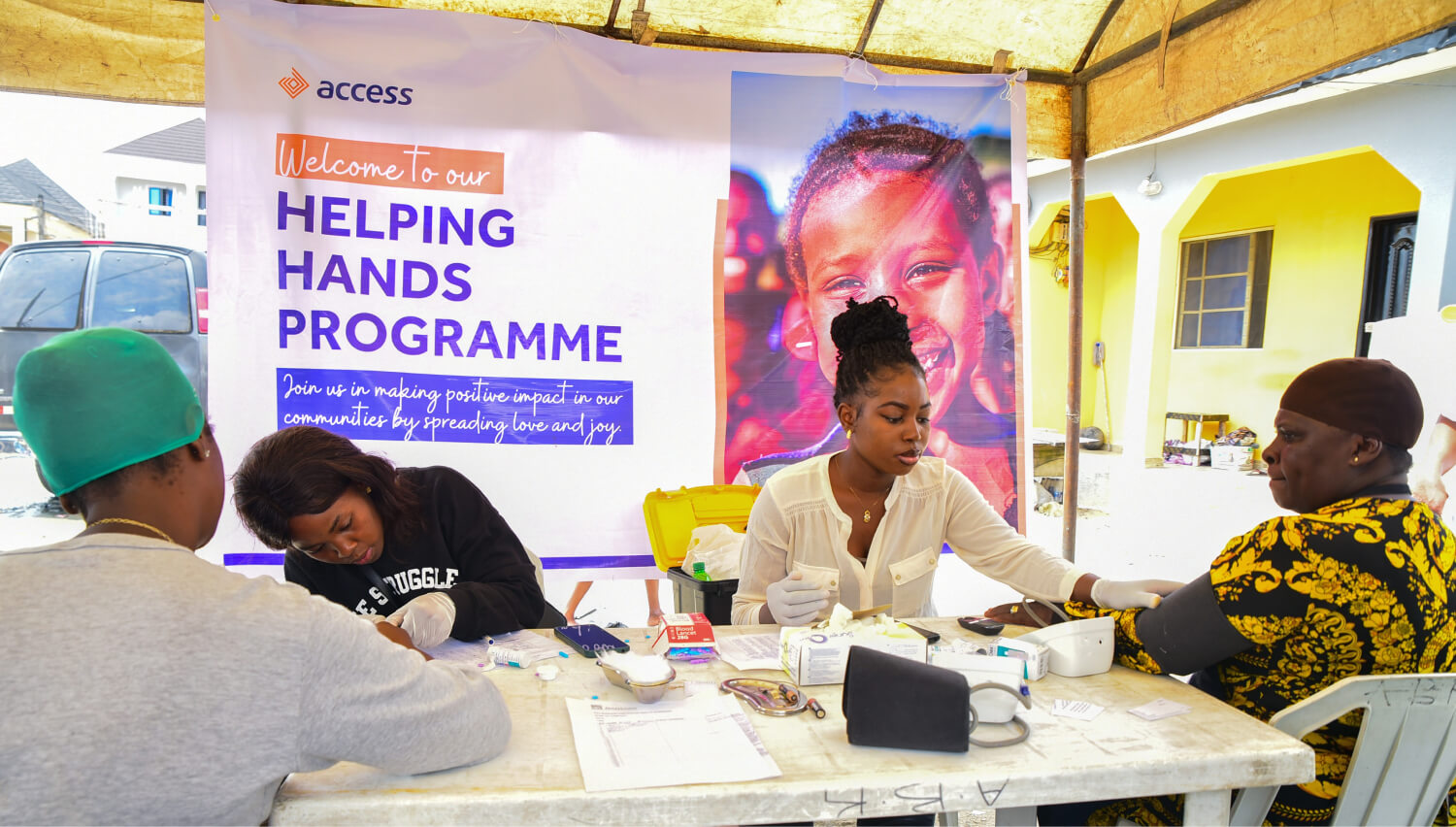“Equality begins with economic empowerment,” George H. W. Bush once said. Similarly, Andrea Jung said, “I think the economic empowerment of women that has been growing over the past decade is at the ‘inflection point’ with this global recession. Women are, we believe, the solution for their families in their ability to go out and increase household income.”
UN Women assertion aligns with the above quotes, that investing in women’s economic empowerment sets a direct path towards gender equality, poverty eradication and inclusive economic growth.
Asides government’s empowerment initiatives for women, brands remain the indomitable force championing the course of women.
In Africa, Access Bank depicts the essential characteristics of a women-friendly institution operating in line with international best practices. It is noteworthy that the bank since inception has been expanding its footprints across the continent offering bespoke financial services and at the same time ensuring the economic development of the continent through its numerous initiatives which includes women empowerment.
The bank has consistently positioned its offerings towards women from diverse socio-economic backgrounds to influence their communities and provide stability in their career, business and lifestyle.
Its commitment is also rooted in the understanding that targeting gender equality is not only beneficial to women, but it would undoubtedly, positively shape the nation. It transcends to both genders having equal opportunities for and access to financial independence, education, and personal development. The bank’s three-pronged approach promotes gender equality and women’s economic empowerment focusing on; Women in the workplace, Women in the marketplace, and Women in the community.
As a gender-focused institution, it is resolved to continue to forge new, innovative and visionary strategies to ensure that women are recognised at the fore front of their careers, businesses and in their communities.
Empowering Women in the Workplace
Access Bank is empowering women in the workplace through the Access Women Network (AWN) which is one of the three-pronged approaches it is using to promote gender equality and women’s economic empowerment. Excitingly, AWN was formed to support, develop, promote and retain female employees in the bank. It understands that gender equality can only be achieved with a focus on all genders. AWN provides a support network especially to all female employees, ensuring gender equality through policies such as the Human Rights Policy –harassment, paternity leave, 6 months’ maternity leave as well as mentoring and leadership program.
In the past years, AWN increased its efforts to ensure that women across the Group were impacted in one way or the other, especially with the COVID-19 pandemic and resultant lockdown in most areas of its operations. Over 15 virtual webinars have been held. Some other programs include: AWN Toastmasters which continued at various times throughout the year, Project “Make a Family Happy” to raise funds to feed 500 families, Free Breast Cancer Screening for AWN Members in the month of October at selected locations, Zaron Virtual Experience with AWN, a free online makeup training, and The annual Orange Lecture which held on November 25, 2020 themed ‘Orange the World: Fund, Respond, Prevent, Collect!’
Women in the Marketplace (W initiative)
The bank is also empowering women in the marketplace through the “W Initiative”. Basically, the W Initiative is the bank’s women’s market program and has inspired, connected, and empowered women in Africa for over fourteen years. The initiative was launched in new African markets in 2020 which include Sierra Leone, DR Congo, Mozambique, and Gambia. The brand has strong presence in Nigeria, Ghana, Rwanda, and Zambia with an array of offerings tailored to meet the diverse career, business and lifestyle needs of over 16 million female customers of all life and economic stages.
Interestingly, Access Bank through its W Initiative has empowered millions of women in Africa by availing the following offerings which include: The W Power Loan, Maternal Health Service Support, LSETF/ W Initiative loan and W Branded Debit Card.
Remarkably, the W Power Loan is a financing scheme introduced in 2018 to bridge the financing gaps for women-in-business. The W Power loan’s interest rate at 15% per annum is open for businesses that need loans for expansion, working capital or purchase of equipment. With at least 50% ownership, female business owners can access loans up to N100million to support their business.
Similarly, its Maternal Health Service Support (MHSS) was introduced to provide discounted financing for medical procedures peculiar to women. The MHSS, which is present in Nigeria, Ghana, Rwanda and Zambia, is positioned to help women and families overcome barriers to good health and wellbeing. It is a social impact product and a key component of the ‘W’ Initiative. It is a premier product in Africa.
Also in its bid to provide discounted financing for Women SMEs operating in Lagos State, it teamed up with Lagos State Employment Trust Fund (LSETF) to provide a matching fund scheme. Basically, the aim is to reach out to Women SMEs who require funds between N50, 000 and N5m including startups at an interest rate of 10% p.a.
Another laudable initiative is the “W Branded Debit Card”. The initiative came up as part of its 2020 digital transformation strategy, with the intent to provide exclusive and convenient banking for female customers. This led to a 65% increase in debit card adoption by female customers and contributed to generating over N102Billion ($255M) in deposit mobilization.
Meanwhile, a statement released by the bank, stated that “To help facilitate women’s access to discounted finance, we stimulated economic expansion by partnering with ESG (Enterprise Sustainability Group) to simplify loan application process and tracking for women-in-business. This resulted in over N8Billion ($20M) debt financing investment in 1,700+ women-owned enterprises and N18.8Billion ($47M) growth in lending to 750,000 female individuals.”
In the wake of the COVID -19 pandemic, a virtual desk (W Cares) was introduced to manage gender-focused complaints and inquiries. Through its eco-system management unit, it also created a USSD option to automate collections for Faith Based Organizations during the nationwide lockdown.
Women in the Community
As part of its ways of giving back to society, Access Bank launched various women-centric initiatives impacting communities. Some of them are: Sustainable skills training, entrepreneurship, sensitization and empowerment; end female genital mutilation program; and commemoration of international women’s day.
One of the ways it is empowering women in community is through it partnership with Xploit Consult to implement skill acquisition program for men, women and young girls in Niger and Kano states in Nigeria. About 100 persons (women, men and young girls) were trained in bead making, gele tying, computer & phone repairs and liquid soap production; and 400 persons were counselled, mentored and provided guidance on psychosocial and economic issues.
In another vein, in a bid to end female genital mutilation program, Access Bank partnered with HACEY Health Initiative to organise an awareness program. The program was held across schools, religious centres and communities in Osun, Ebonyi, Oyo and Ekiti states, benefitting about 2,548 individuals.
Another laudable initiative in partnership with Hacey is “Project Agbebi”. Project Agbebi is a community health project aimed at contributing to the global reduction of deaths resulting from pregnancy and childbirth. It strengthens and support strategic alliances with Traditional Birth Attendants (TBAs) leading to the implementation of newborn health programs at scale.
Recently, in commemoration of the 2021 International Women’s Day (IWD), it partnered with HACEY Health Initiative. Activities such as Women’s mental health and well-being digital campaign, webinar, vocational skills training and community health education program on women’s health and COVID-19 were carried out in Lagos, Imo and Kwara states. Over 1,500 women benefitted directly from the programs.

